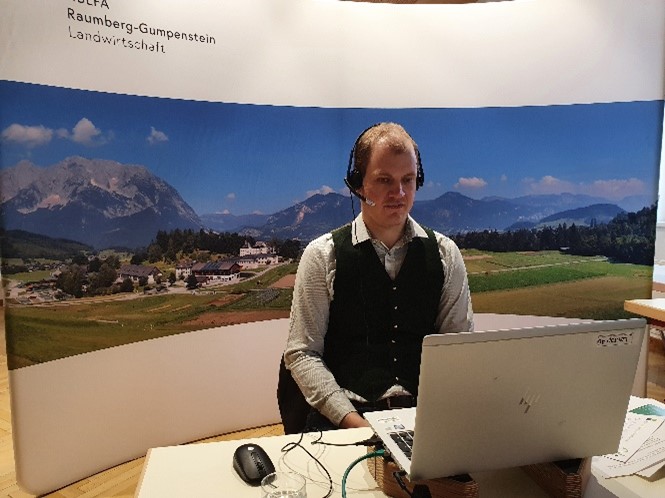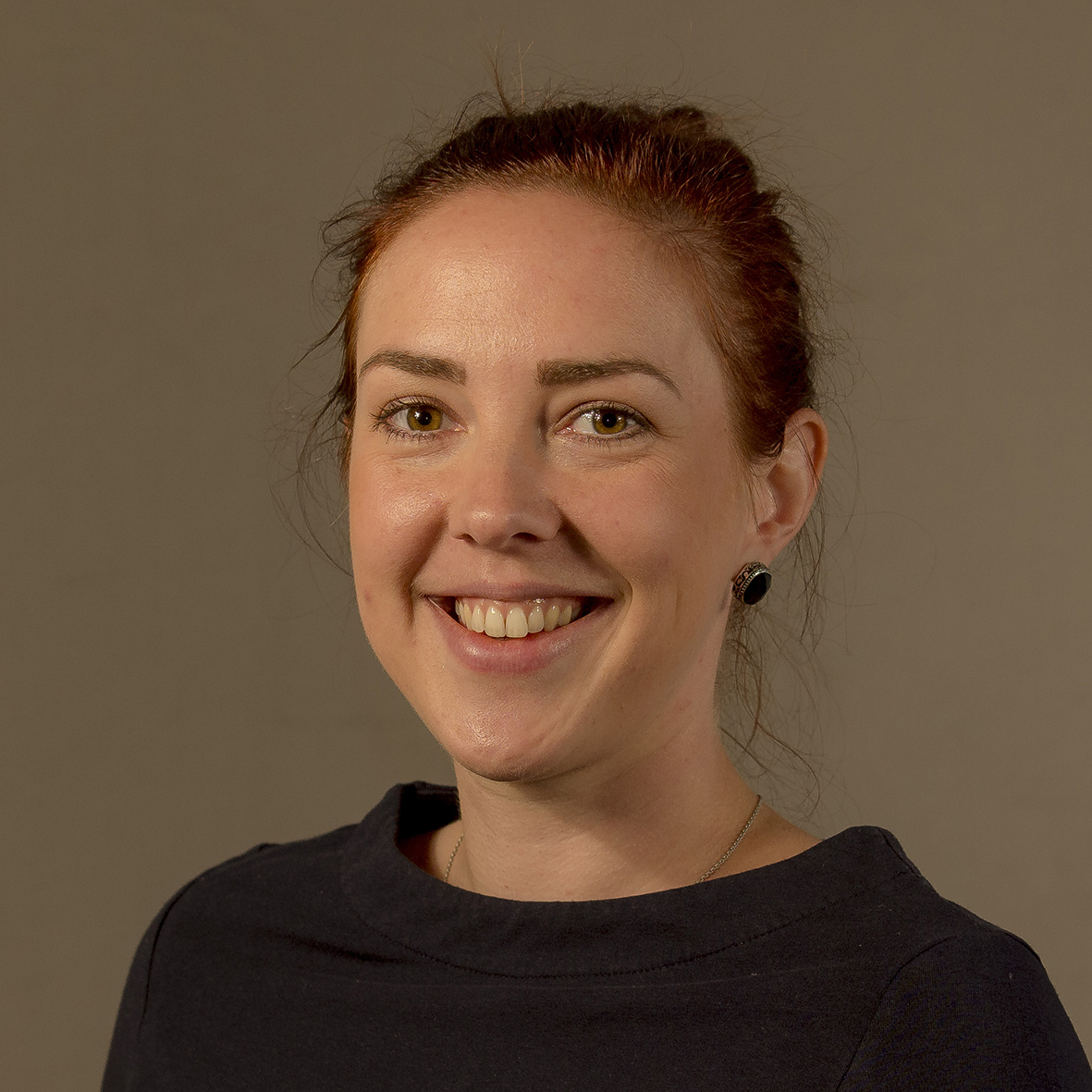Fecal screening for ration control
Ms. DI Stefanie Gappmaier presented feces assessment as a simple and immediately practical option for animal-specific ration control. Modern cattle husbandry systems and increasing farm sizes make ration control at the individual animal level more difficult. Especially around the time of calving or peak performance, a close look at these so-called “special needs animals” is crucial in order to prevent metabolic derailments. The test results of manure screening (distribution of solids in manure into coarse, medium and fine particles) showed that with very low and high use of concentrated feed, the proportion of coarse fiber in the manure increases. A balanced energy and nutrient balance with a moderate amount of concentrated feed (15-25%) resulted in the lowest proportion of coarse fiber in the feces.
Methane emissions from dairy cows
Dr. In his presentation, Georg Terler discussed the influence of genotype (Simble cattle, various Holstein Friesian genotypes) and concentrated feed content in the ration on the methane emissions of dairy cows fed basic feed. Significant differences in methane emissions were found between dairy cow genotypes and also between individual animals. This suggests that methane emissions can be influenced by breeding. Increasing the proportion of concentrated feed in the ration resulted in an increase in daily methane emissions on the one hand, but on the other hand a decrease in methane emissions per kg of milk produced. However, the extent to which methane emissions change with increasing concentrate content varies from genotype to genotype.
A lively discussion of both lectures showed that the experimental results presented met with great interest from colleagues from Germany, Switzerland and Austria.








